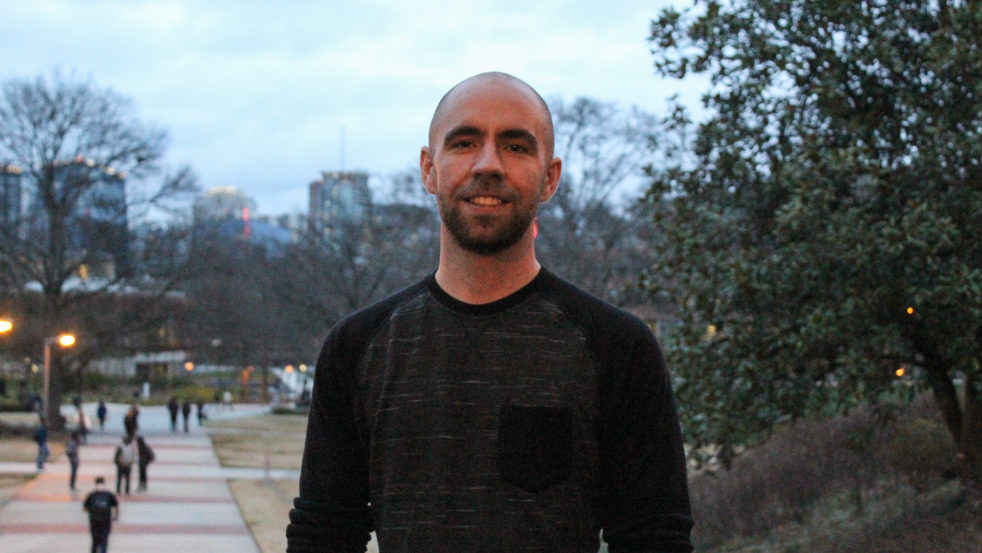The time is nigh for me to bid a sentimental farewell to my favorite show, “BoJack Horseman.” Netflix’s hit animated series about a depressed, alcoholic horse will conclude at the end of the month. For many, the show is crude, bizarre and off-putting, and I am an adult male weirdo stanning for a cartoon.
While I certainly have argued about the greatness of the animated comedy, most of my discussions have always tiptoed around the core of my relationship to it.
During my undergraduate years, I grappled with depression and anxiety. Choosing my major and career felt impossible. Romantic interests never yielded relationships.
The world felt like a horrible place, and I somehow felt even worse. Panic attacks prompted me to leave classes. Nights spent drinking — as collegiates do — usually sent me reeling.
At one of my lowest moments, I started binge-watching “BoJack Horseman,” a show that my friend Philip said was hilarious and that my favorite critic Emily VanDerWerff compared to “Mad Men.” I finished the first two seasons in about two days.
When you first look at the show, it is really weird. Anthropomorphic animals date, sleep with and marry human beings.
The show is grotesque and full of humor about self-pity, narcissism and alcoholism. But if you surrender your inhibitions, the show reveals itself as something that is much more complex, personal and sincere than its Adult Swim counterparts.
For many, feelings of home and comfort are provided by cheery sitcoms like “The Office” or “Friends.”
While I admire those shows, their generally positive demeanor often failed to reflect how I felt and saw the world. Thus, I turned to “BoJack Horseman,” a cynical show about depression and unhappiness.
Through a heavily meta statement, a character captures the core essence of the show during season one’s “Downer Ending” episode. “BoJack, when people find out that someone like you who seems larger than life is actually just as wounded and vulnerable as they are,” she says. “It makes them feel less lonely.”
This episode, which happens to be my favorite, provided much needed solace to know that I am not alone in these struggles for validation and happiness.
However, “BoJack Horseman” offers more than just melancholy blues. It also charts a way forward for people navigating mental illness.
“It takes a long time to realize how truly miserable you are,” a character tells him during the third season. “And even longer to see that it doesn’t have to be that way.”
BoJack receives this sage advice after attempting to white-knuckle his problems for two seasons, implying that one can overcome their ailments if he or she actually confronts them and seeks help.Several seasons and crimes later, BoJack may have finally found peace and happiness through sobriety and therapy.
Likewise, a combination of medicine, therapy and improved health habits have afforded me the ability to find that of my own.
To say that I see myself in BoJack, the character, would be misleading, though. BoJack is an awful person, who has done countless, terrible things.
Truthfully, he deserves punitive accountability, and he might actually receive that in the series’ upcoming final episodes.
And it is clear to me that the show has no interest in condoning any such behavior or enabling any viewers to do the same.
Yet, I have found myself in “BoJack Horseman,” the show. No show has made me laugh more. No piece of media has helped me unlock and make sense of the world as much.
And through the absurdity and weirdness of an animated, alcoholic horse and his anthropomorphic friends, no other content of popular culture has helped me work through my own mental health issues more than this has.
“BoJack, there are millions of people who are better off for having known you,” he is told in another meta commentary. I am certainly one of them.
So while I feel tearfully sentimental as I say goodbye to my favorite show, I can rest easy knowing that it served its function: it made me feel less alone.
